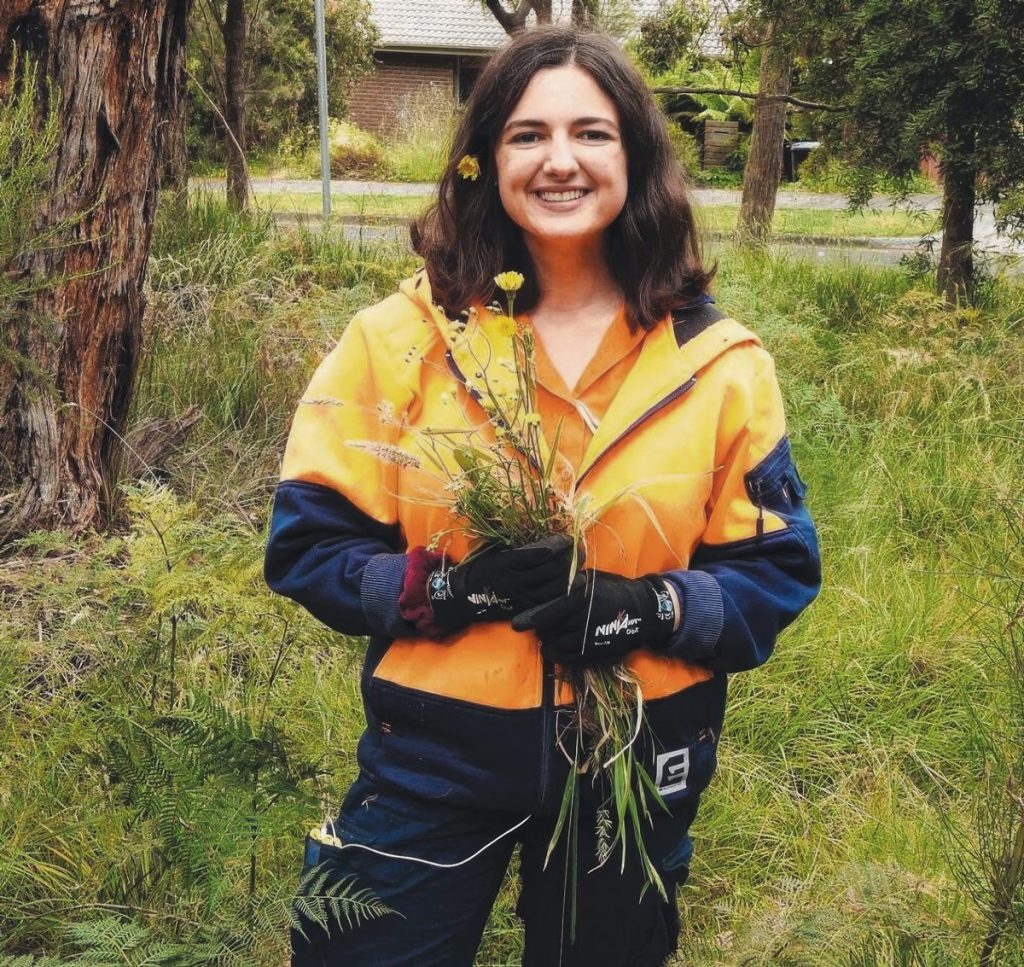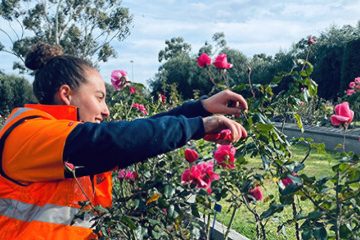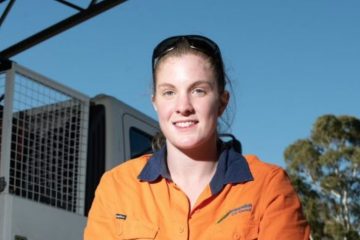Plenty of Jobs for the VET Set – Herald Sun
More than one million workers with vocational qualifications will be needed within the next two years to address rising skills shortages.
Training organisation WPC Group reports COVID-19 has exacerbated demand for vocational education and training (VET) graduates, with almost all of the 70-plus occupations on the National Skills Needs List accessible through VET.
Chloe Abela is completing a bushland traineeship at Maroondah Council.

WPC Group general manager Andrew Sezonov says traineeships and apprenticeships are not just for school leavers.
“Especially now,” he says. “They provide clear pathways for people who will need to upskill, or for those who want to pivot their career in a post-COVID workforce. There’s never been a better time for VET.”
Healthcare, including disability services, is one of the largest sectors crying out for VET-qualified workers, as are cyber security and the growing area of green energy, Sezonov says. He says hospitality workers will also be in high demand as that industry recovers from the pandemic downturn.
Sezonov hopes the need for vocationally educated workers will end the “identity crisis” surrounding VET, noting that apprentices who complete their training enjoy an average starting salary of $59,000 a year. This puts them on par with — or even ahead of — many university graduates.
Some apprentices, including electro technicians, earn annual starting salaries of more than $90,000 once they qualify. National Apprentice Employment Network chief executive Dianne Dayhew says the ability for vocational students to start work immediately — rather than wait until they become qualified to find their first job — is key to their appeal.
“COVID has turbocharged the need for skills and there’s a real sense of urgency out there,” she says. “Integrating employment and learning in a real-world environment means there’s not that delay in getting skills into the workplace.”
TAFE Directors Australia chief executive Craig Robertson says the need for so many VET-trained workers is a reminder of the “power” of structured apprenticeships and traineeships.
After finishing year 12, Chloe Abela caved into peer pressure and went to university, but dropped out of a degree in animation to pursue her love of working outdoors. The 21-year-old is now halfway through a bushland traineeship with Maroondah Council and believes increasing recognition of environmental degradation will ensure her skills are in high demand. “There is pressure (for school leavers) to go to uni but it’s important to be aware of what else is out there,” says Abela, whose role includes identifying native plant species and preserving them in their natural environment.
“I didn’t really think about horticulture being a trade until I did more research into it but I’ve never looked back. I enjoy going to work every day and I’ve become so passionate about native plants.”


